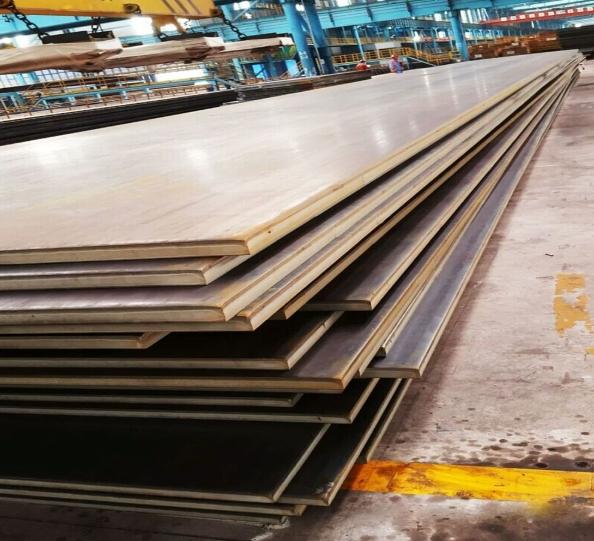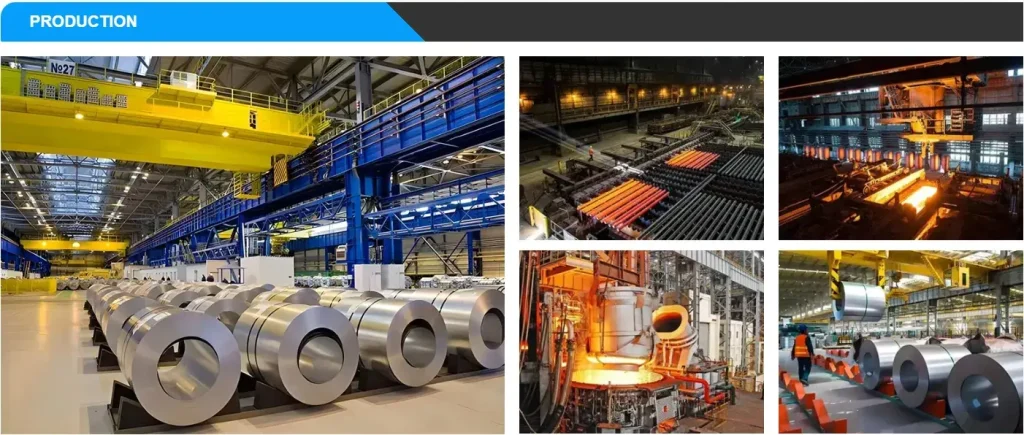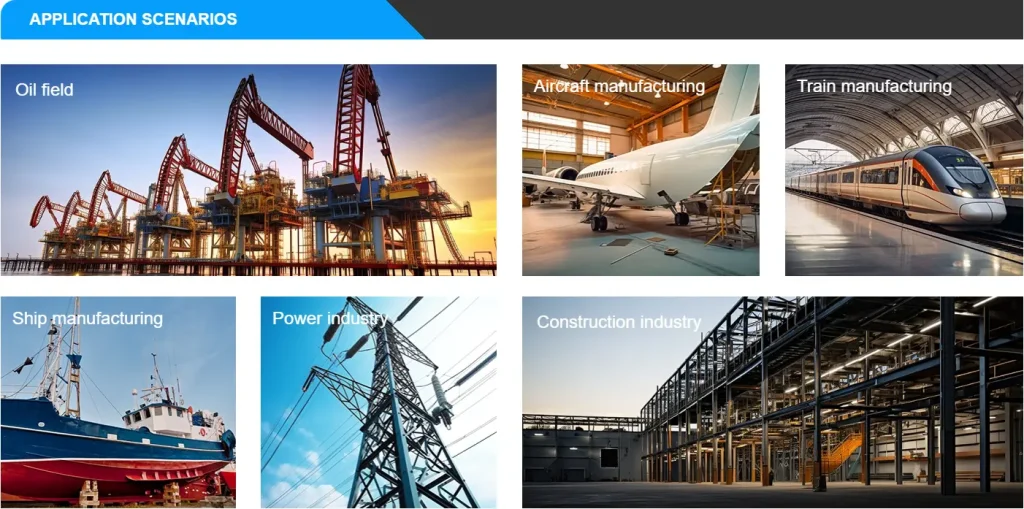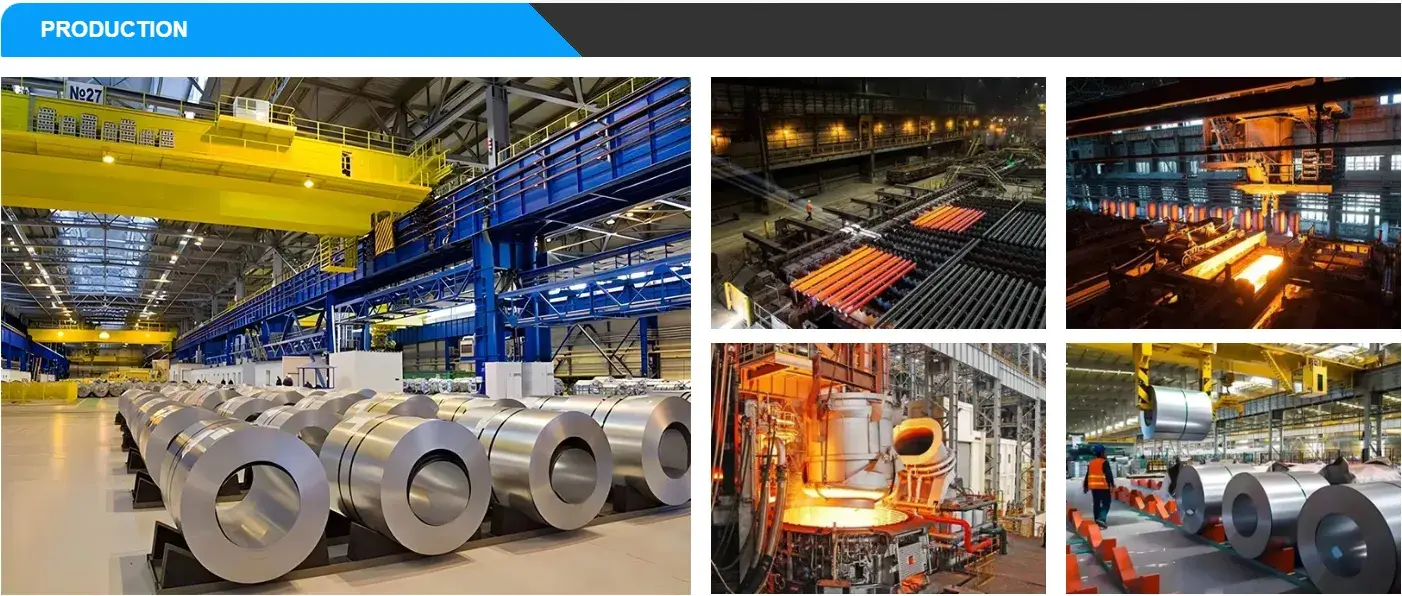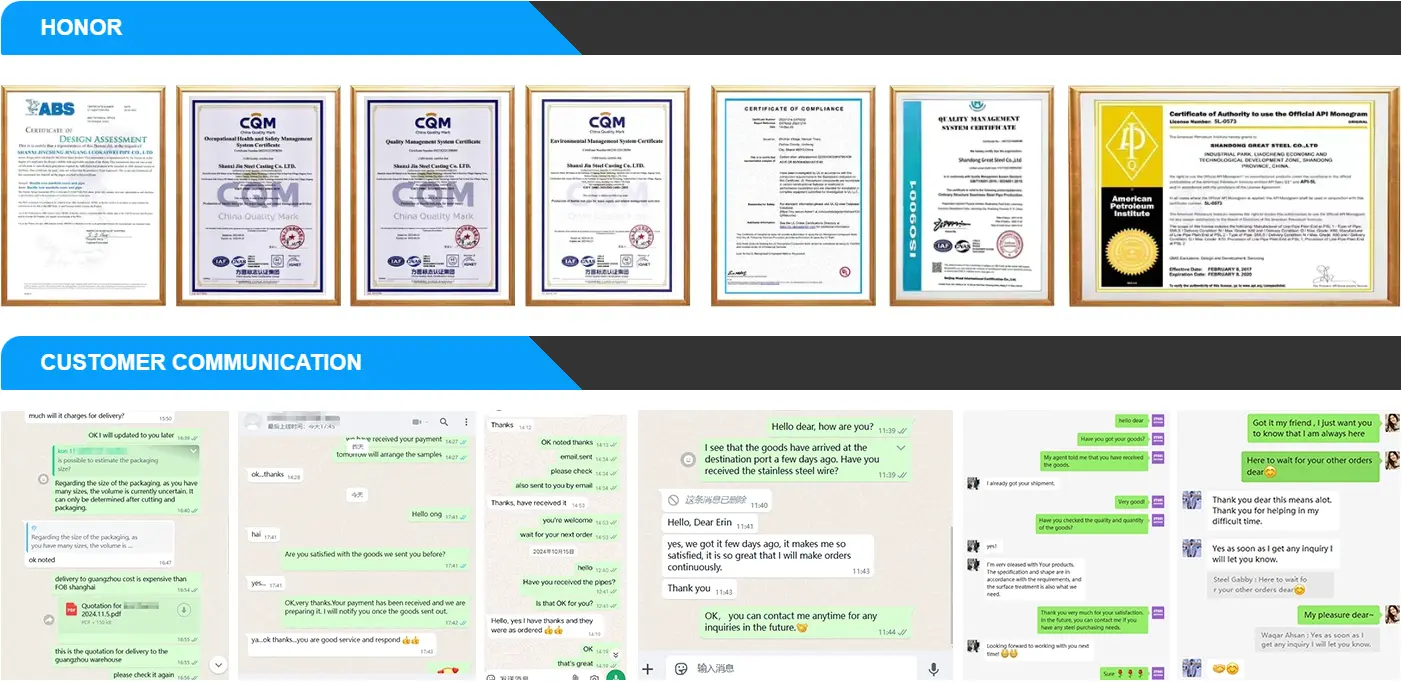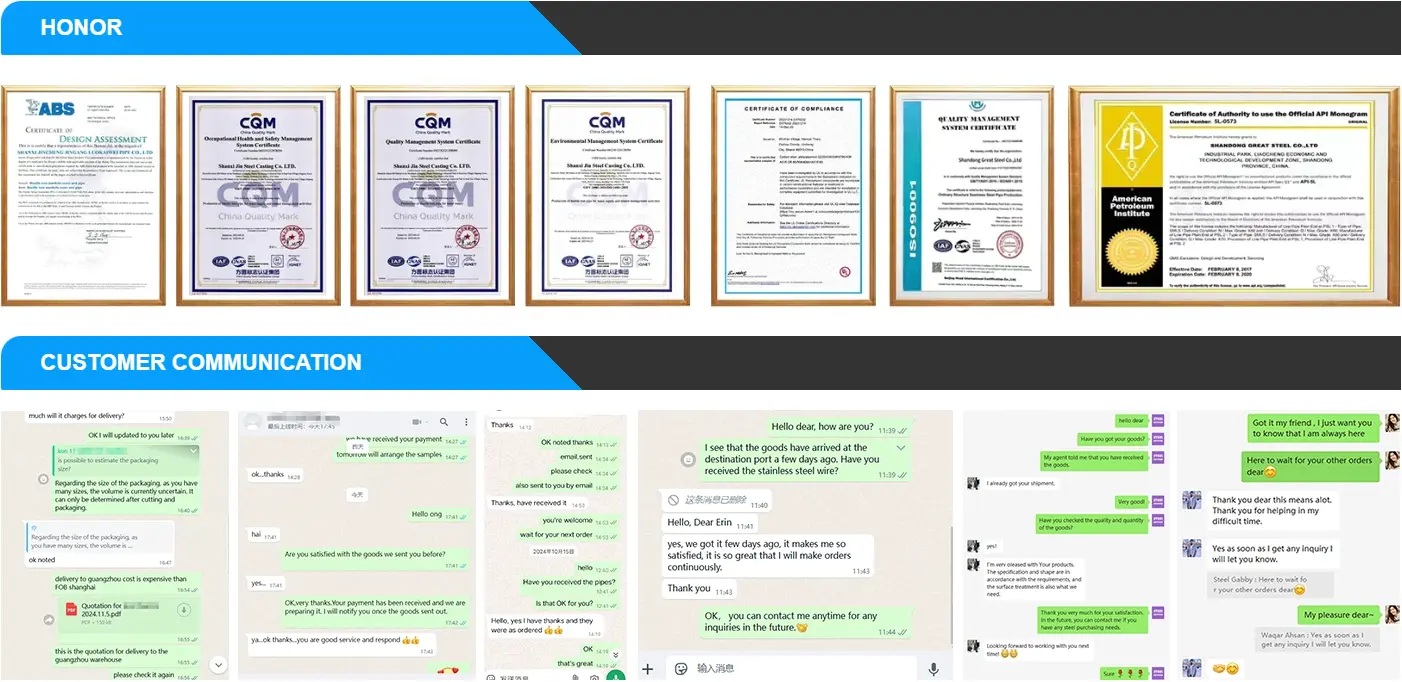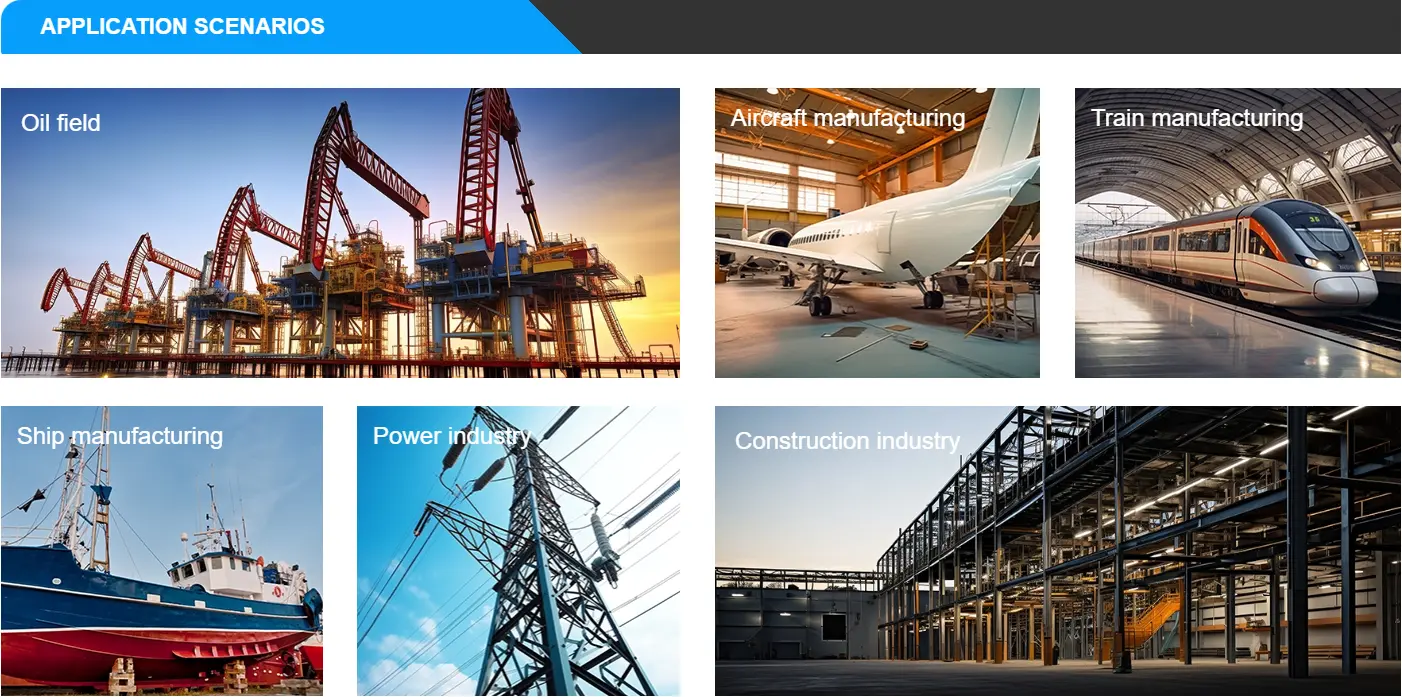Product Overview
AR500 steel plate is a premium abrasion-resistant (AR) steel known for its exceptional hardness, toughness, and durability. With a Brinell Hardness Number (BHN) ranging from 470 to 540, AR500 is engineered to withstand extreme wear and impact, making it ideal for high-wear applications such as mining equipment, concrete handling, and heavy machinery components .
📊 Technical Specifications
| Property | Value |
|---|---|
| Brinell Hardness (BHN) | 470 – 540 |
| Thickness Range | 3/16″ – 2″ |
| Width Range | 48″ – 96″ |
| Length Range | Up to 480″ |
| Heat Treatment | Quenched and Tempered |
| ASTM Specification | Meets ASTM E10 for hardness |
⚙️ Key Features
-
Exceptional Hardness: Provides superior resistance to sliding and impact wear.
-
Enhanced Toughness: Maintains structural integrity under high-stress conditions.
-
Versatile Applications: Suitable for various industries requiring durable materials.
-
Consistent Quality: Mill test reports supplied with each order ensure compliance with specifications.
⚖️ AR500 vs. AR400 Steel: Comparative Analysis
| Feature | AR500 Steel | AR400 Steel |
|---|---|---|
| Brinell Hardness | 470 – 540 BHN | 360 – 440 BHN |
| Wear Resistance | Superior | Moderate |
| Impact Resistance | High | Higher due to increased ductility |
| Formability | Lower | Higher |
| Typical Applications | Mining equipment, armor plating | Dump truck bodies, hoppers |
🛠️ Step-by-Step Guide: Selecting AR500 Steel Plate
-
Identify Application Requirements: Determine the specific wear and impact conditions the steel will face.
-
Assess Material Thickness: Choose the appropriate thickness based on structural needs.
-
Evaluate Formability Needs: Consider the complexity of shapes required for your application.
-
Review Heat Treatment Specifications: Ensure the steel meets necessary hardness and toughness criteria.
-
Confirm Compliance: Verify that the steel meets ASTM E10 specifications and obtain mill test reports.
⚠️ Common Misconceptions
-
Misconception: AR500 steel is bulletproof.
Clarification: While AR500 offers high hardness, ballistic protection requires additional testing and certification. -
Misconception: Higher hardness always equates to better performance.
Clarification: Increased hardness can reduce formability and increase brittleness; balance is key based on application.
Product Show
Supplier of various types of carbon steel
Luo Kaiwei Steel Company is a comprehensive steel supplier that produces a variety of carbon steel plates, carbon steel pipes, galvanized steel, carbon steel coils, and steel profiles.


